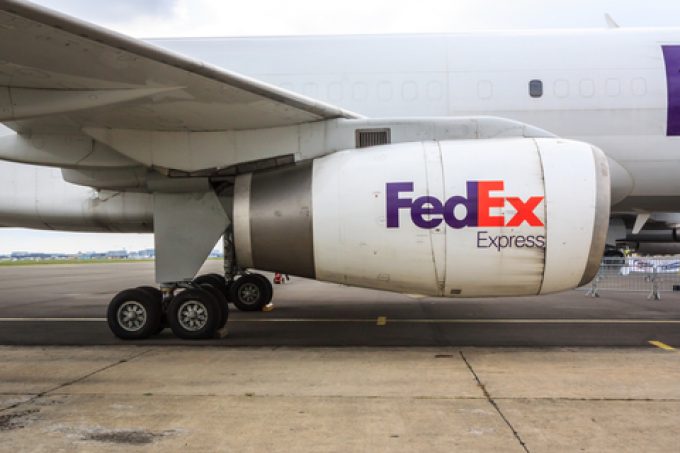PSA completes early exit from box terminal concession at India's VOC
Singapore-based PSA International wound up its container terminal operations at India’s Tuticorin Port at the ...

FedEx Express is putting itself on a stronger footing to tap into India’s booming trade prospects from manufacturing developments, as competition among the integrators heats up.
FedEx has opened a new flight out of Bangalore Airport in South India, connecting directly to Guangzhou Airport, in China’s southern province, said to be the country’s third-busiest air cargo hub, having handling some 2m tonnes last year.
On the return leg, the freighter connection stops at Liege, Belgium and ...
'Disastrous' DSV-Schenker merger would 'disrupt European haulage market'
'Chaos after chaos' coming from de minimis changes and more tariffs
List of blanked transpac sailings grows as trade war heats up and demand cools
Shippers in Asia restart ocean shipment bookings – but not from China
India withdraws access for Bangladesh transhipments, in 'very harmful' decision
'Tariff hell' leaves industries in limbo – 'not a great environment to plan'
Asian exporters scramble for ships and boxes to beat 90-day tariff pause
Temporary tariff relief brings on early transpacific peak season
Pre-tariff rush of goods from US to China sees air rates soar, but not for long
De minimis-induced ecommerce demand slump could cripple freighter operators
Forwarders 'allowing the fox into the chicken run' by supporting 'hungry' carriers
Hapag 'took the bigger risk' when it signed up to Gemini, says Maersk
'Restoring America's maritime dominance' – stop laughing at the back of the class
Navigating tariffs: 'like trying to solve a Rubik's cube while colour-blind'
Marginal gains on east-west ocean container routes in a challenging week

Comment on this article